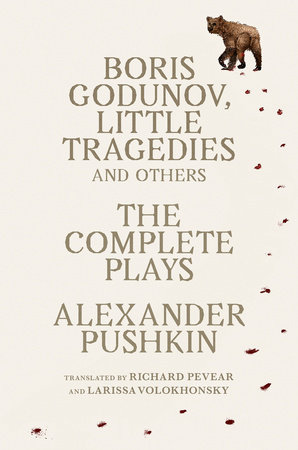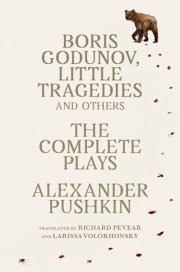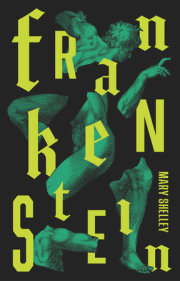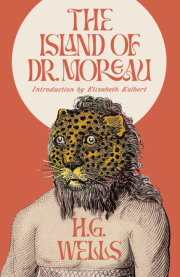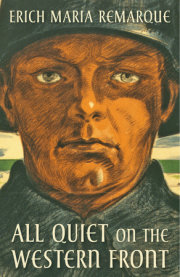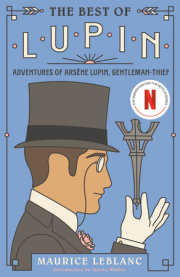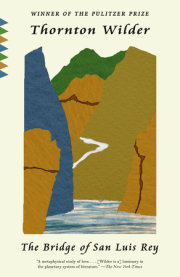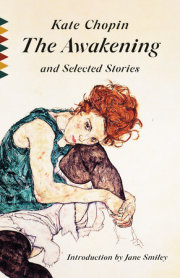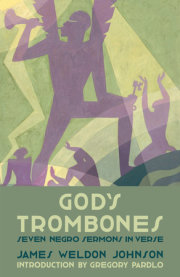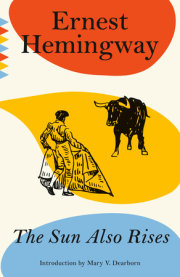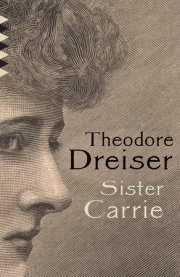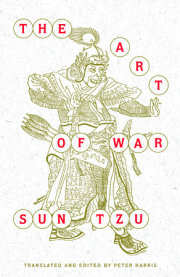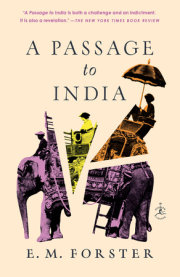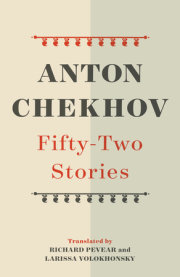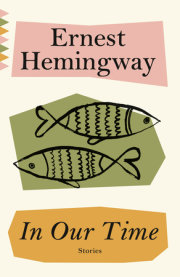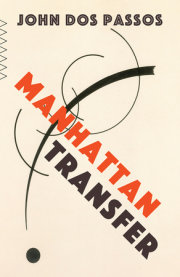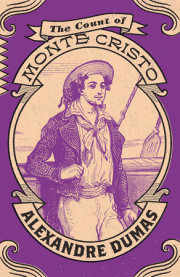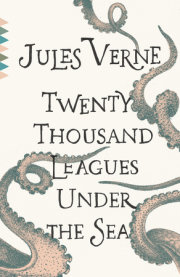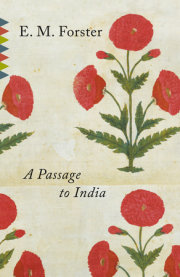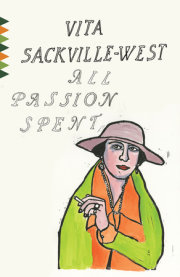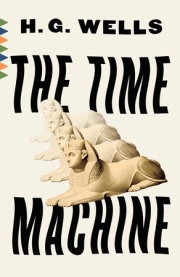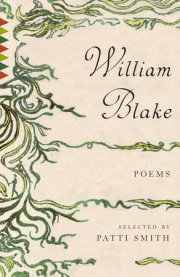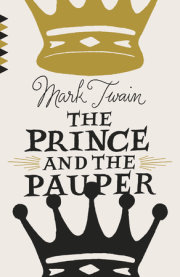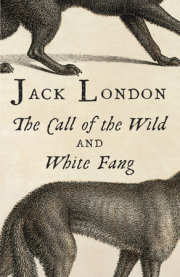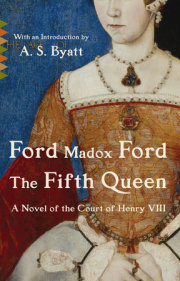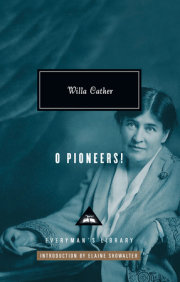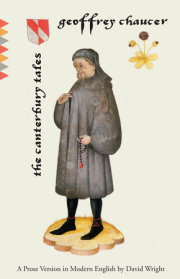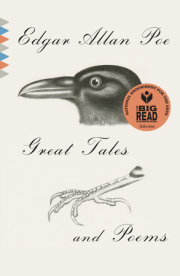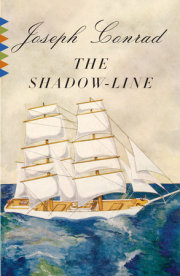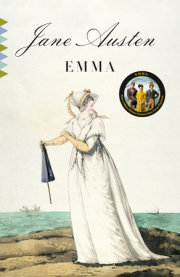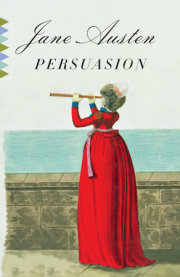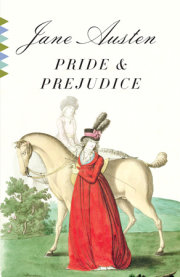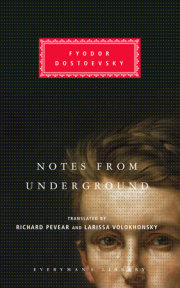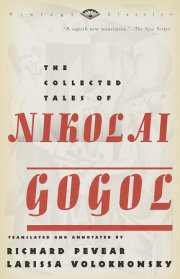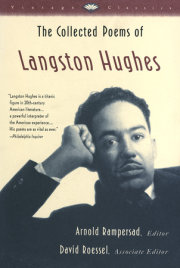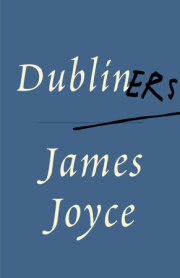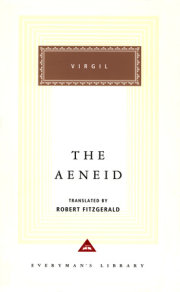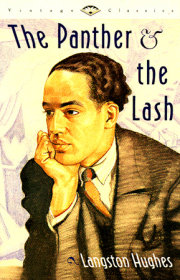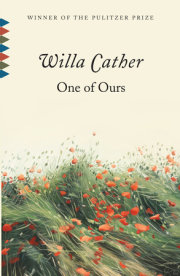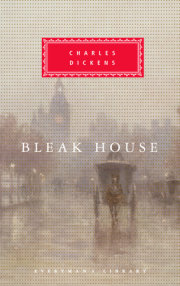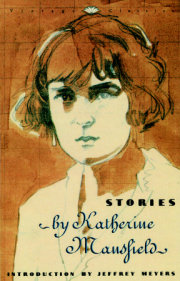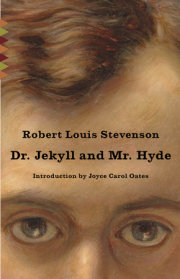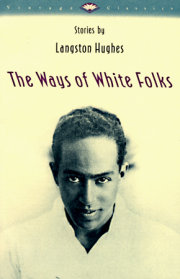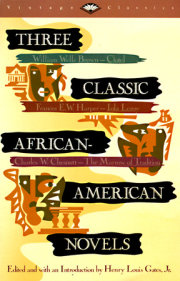From the Introduction by Richard Pevear
Figlyarin, sitting at home, decided That my black grandfather Gannibal Was bought for a small jug of rum And fell into some skipper’s hands.
That skipper was the glorious skipper By whom our country was set moving, Who turned the rudder of our native ship Forcefully onto its majestic course.
—Pushkin, “Post Scriptum”
Peter the Great (1672–1725), the last tsar and first emperor of Russia, was the “glorious skipper” who forcefully turned his country to the West, and in 1703, on a stretch of marshland facing the Gulf of Finland, began to build the city of St. Petersburg, giving Russia a major seaport open to Europe. “Finally Peter appeared . . . Russia entered Europe like a ship launched with the blow of an axe and the thunder of cannons.” So Pushkin wrote in an unfinished essay entitled “On the Insignificance of Russian Literature” (1834). Pushkin was to play a similar role in that literature to the role Peter played in Russian history, and with as enduring an effect on its significance.
Throughout his work, Pushkin remained in complex relations with Peter: in his unfinished first novel,
The Moor of Peter the Great (1828), portraying his black great-grandfather on his mother’s side, Abram Petrovich Gannibal (1696–1781), the son of a Central African prince, who was captured by the Turks as a boy, sold into slavery, and then sent to Russia, where he was personally adopted by Peter (hence his patronym), and was eventually granted nobility and high military rank; in the narrative poem
Poltava (1829), dealing with the decisive battle in which Peter’s forces defeated the Swedish army and made Russia the leading nation of northern Europe; in his last long poem,
The Bronze Horseman (1833), in which the mounted statue of Peter the Great on Senate Square in Petersburg comes ominously to life, at least in the deranged mind of the poem’s hero, and goes galloping after him through the city.
Alexander Pushkin (1799–1837) was born a poet, but he became a master of prose and drama as well, and it was the body of his work as a whole that set Russian literature on its new course. In particular, he was intent on reforming Russian drama, a task he outlined in drafts of an introduction to his first play,
Boris Godunov, and in an article “On National Drama,” both written in 1829–1830 and both left unpublished. In the latter he raises the question directly: Can our tragedy, formed on the example of Racinian tragedy, lose its aristocratic habits? How can it move
“from its measured, orderly, dignified, and polite dialogue to the crude frankness of popular passions, to the freedom of public-square opinions? How can it suddenly drop its obsequiousness, how can it do without the rules it is used to, without the forced accommodating of everything Russian to everything European; where, from whom can it learn an idiom comprehensible to the people? What are the passions of this people, what are the strings of its heart, where will it find resonance—in short, where are the spectators, where is the public?”
Suggestions of an answer to these questions are given in the drafts for an introduction to
Boris Godunov. The play was written in 1825, but not published until 1831, and not passed for performance by the theater censors until 1866, some thirty years after Pushkin’s death. But he read the script to his friends, as he mentions in his notes, adding this enigmatic comment:
“My tragedy is already known to almost all those whose opinion I value. From the number of my listeners there is one who was absent, the one to whom I owe the idea of my tragedy, whose genius inspired and sustained me, whose approval appeared to my imagination as the sweetest reward and was the only thing that diverted me in the midst of my solitary labor.”
The absent one, left nameless here, is the poet, novelist, critic, and historian Nikolai Karamzin (1766–1826), whose twelve-volume
History of the Russian State, elegantly written and rich in detail drawn from many years of research, was the first real account of Russia’s complex past. Pushkin names him in the next part of the drafts:
“Studies of Shakespeare, Karamzin, and our old chronicles gave me the idea of clothing in dramatic forms one of the most dramatic epochs of recent history. Uninhibited by any other influence, I imitated Shakespeare in his free and broad portrayal of characters, in his loose and simple plot construction; I followed Karamzin in his lucid development of events; in the chronicles I tried to divine the way of thinking and the language of that time. Rich sources! Whether I made good use of them, I don’t know—but in any case my labors were zealous and conscientious.”
For Pushkin, the example of Shakespeare’s theater, with its roots in the public square, not in courtly palaces, was essential to the reform of Russian drama, and in writing
Boris Godunov, he acted on that belief. First of all, he replaced the French twelve-syllable alexandrine couplet, which had come to dominate Russian plays, with the iambic pentameter of English blank verse. But he went further than that, introducing vernacular prose in some scenes and playful rhyming in others, allowing for a great variety of voicing. He first referred to the play as a comedy, then came to call it a “romantic tragedy,” but it more closely resembles Shakespeare’s history plays in its composition and social inclusiveness. Even the comic passages are not there simply for entertainment; they also have their place in the historical drama. The drunken vagrant monks in the eighth scene, the foreign captains with their absurd accents in the sixteenth, the holy fool in the seventeenth—all cast their own light on the serious events of the play.* Then there are long monologues, brief scenes of pure action, candid personal exchanges, drama within drama—as in the superb thirteenth scene, the impostor’s courtship of Marina Mnishek. The example of Shakespeare gave Pushkin an opening to this great variety.
The influence of the old chronicles is less obvious. Pushkin certainly studied them and drew details from them, but he did not imitate their language, as he seems to suggest.
Boris Godunov is written in the natural living speech of his own time. He did, however, include a chronicler among his characters: the elderly monk Pimen of the fifth scene. Referring to him in a letter to the editor of
The Moscow Messenger (1828), he wrote:
“The character of Pimen is not my invention. In him I have brought together the features that captivated me in our old chronicles: simpleheartedness, a touching meekness, something childish and at the same time wise, a zeal—one might say a pious zeal—for the God-given power of the tsars, a total absence of vanity, of partiality—all breathe in these precious memorials of times long past . . .”
Pimen is a dramatic embodiment of the chroniclers. In his only scene, he sketches out the events of his final chronicle, which also happen to be the background of the play itself, and he converses with the young Grigory (Grishka) Otrepyev, who participated in the historical action and will become a major character in Pushkin’s portrayal of it.
For the events of “one of the most dramatic epochs of recent history,” his source, as he said, was Karamzin’s
History of the Russian State. Pushkin had met Nikolai Karamzin in 1816, while he was still studying at the imperial lycée in Tsarskoe Selo. At the time Karamzin had published only the first volume of his
History, but by 1825, when Pushkin was writing
Boris Godunov, eleven of the twelve volumes of the
History had appeared. The events he chose to dramatize were drawn from the period known as the “Time of Troubles,” which went from the death in 1598 of Fyodor I, the last tsar of the Rurik dynasty, to the accession in 1613 of Mikhail I, founder of the Romanov dynasty. During that fifteen-year interim, Russia had four tsars, two of whom were murdered and the last deposed; the first and longest-ruling was Boris Godunov himself.
Ivan the Terrible (he is referred to several times in the play as Ioann, and he and his grandfather, Ivan III, as “the two mighty Ioanns”) inherited the title of Grand Prince of Moscow in 1533, at the age of three, and reigned as the first Tsar of All Russia from 1547 to 1584. At his death, his son Fyodor I (1557–1598) inherited the throne. Sometimes called Fyodor the Blessed, and referred to in Pushkin’s play as “the angel-tsar,” he was a pious and reclusive man who left most of the administrative duties to his brother-in-law, Boris Godunov. His marriage to Boris’s sister Irina was childless, hence the “troubles” about the succession that followed his death. It is there that Pushkin begins his play.
The main trouble was that two years before the death of Ivan the Terrible, his fifth (some say seventh or even eighth) wife gave birth to a son, Dimitri, who was Fyodor’s only brother. He was said to have died in childhood, but the question of his fate lingered on. It is raised in the opening scene, and his enigmatic absence/presence is the central question throughout the play. In the first version of the play, the closing line was the cry of the people: “Long live the tsar Dimitri Ivanovich!” The revised version, which we have followed, ends with a stage direction: “The people are silent.” The change was made at the insistence of the emperor Nicholas I, for political reasons, but in fact it suits Pushkin’s preference for ambiguity and unpredictability throughout the play. And the phrase itself soon became proverbial.
Pushkin did not continue his Shakespearean reform of Russian theater after
Boris Godunov, though he originally had thoughts of writing two more plays dealing with the same historical period. His next major dramatic works, the four
Little Tragedies, were written five years later and are very different both in style and conception. In 1825, however, he wrote the brief “Scene from
Faust,” first published in 1828 under the title “A New Scene Between Faust and Mephistopheles.” Pushkin expressed great admiration for Goethe’s
Faust. In an unpublished note on Byron’s tragedies, which he considered failed imitations of Goethe, he wrote: “
Faust is the greatest creation of the poetic spirit; it serves as a representation of modern poetry, just as
The Iliad serves as a monument of classical antiquity.” But as the poet Gerard Manley Hopkins wrote to his friend the poet Robert Bridges in 1888: “The effect of studying masterpieces is to make me admire and do otherwise.” So it was for Pushkin.
In “A Scene from
Faust,” there is none of Goethe’s idealism. Faust declares to Mephistopheles that he is simply bored—and there is nothing metaphysical or romantic about his boredom. Mephistopheles, who is the main talker in the scene, latches on to that admission, since, as he confesses in the end, he is helpless on his own and depends on Faust to supply him with “little tasks.” He is, in other words, a perfect embodiment of the banality of evil. Some readers have found the “Scene” the darkest, the most nihilistic of Pushkin’s works, but that is to overlook the ambiguity of its tone, the comedy behind the darkness, and the artfulness of its rhyming iambic tetrameter.
Boris Godunov and “A Scene from
Faust” were the fruit of two years of “solitary labor” for Pushkin on his family estate of Mikhailovskoye, in the region of Pskov, close to the Estonian border. The solitude, however, was not of Pushkin’s choosing. In fact, he was confined to the estate in 1824 on orders from the emperor Alexander I, because of his connection with certain political radicals of the time and his own satirical verses in support of them. But the confinement proved to be a productive period for Pushkin. Along with the plays, he collected and published his first book of short poems, finished his narrative poem
The Gypsies, wrote two more narrative poems (
The Bridegroom and
Count Nulin), and worked on his novel in verse,
Evgeny Onegin, completing the third chapter and adding three more.
. . .
Copyright © 2023 by Alexander Pushkin. All rights reserved. No part of this excerpt may be reproduced or reprinted without permission in writing from the publisher.

